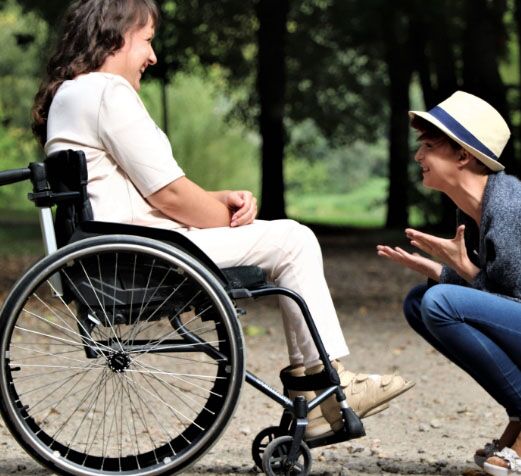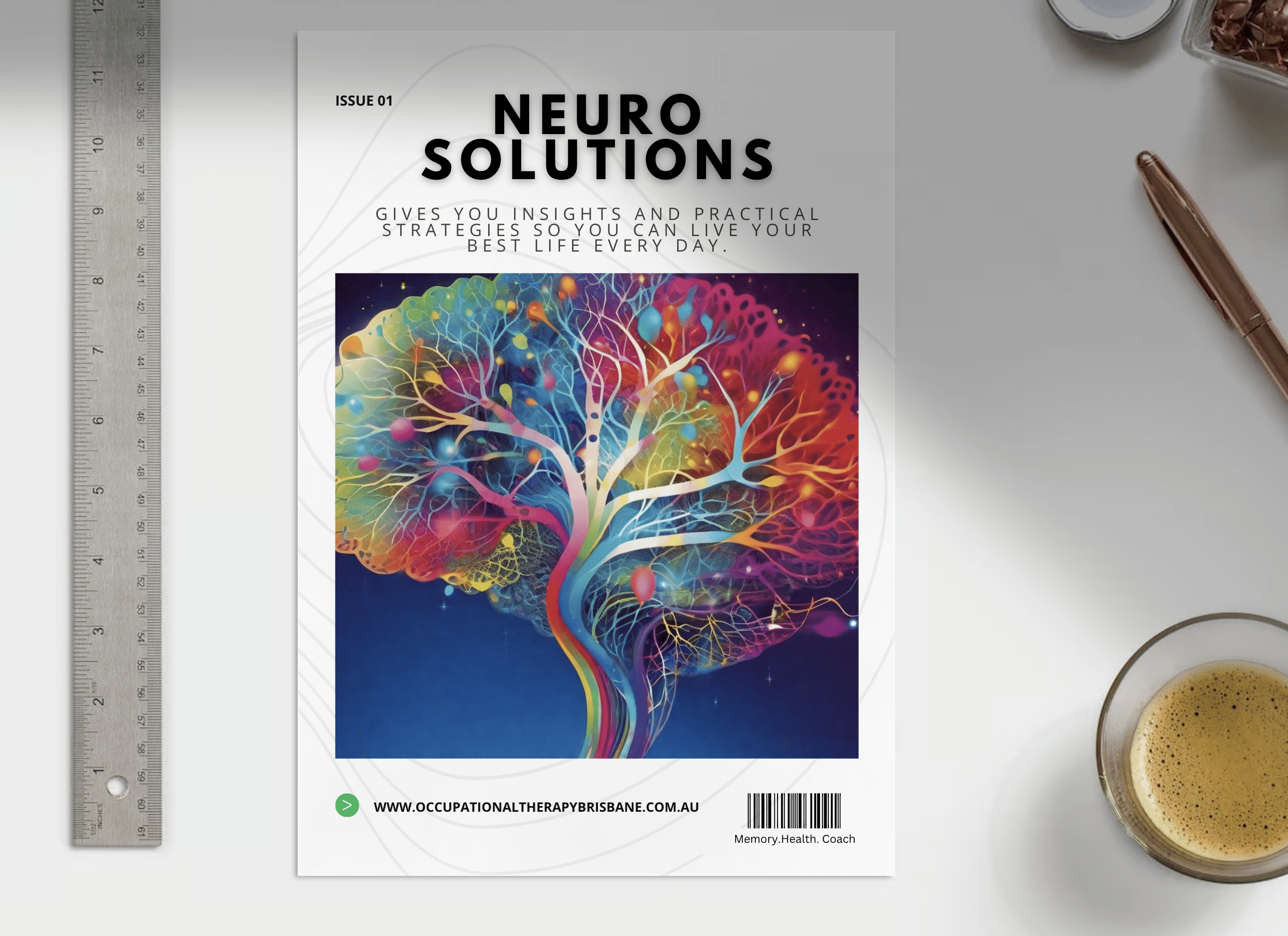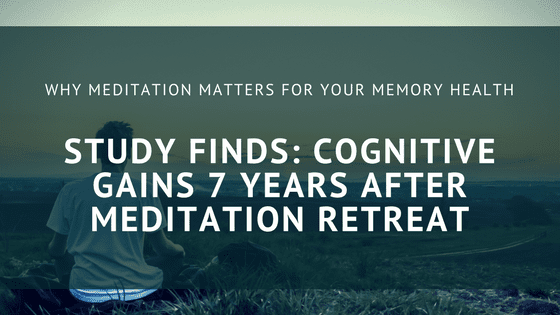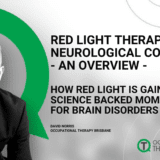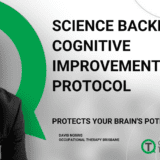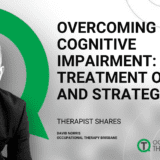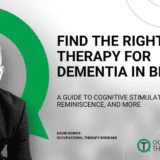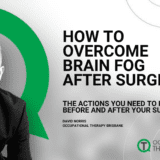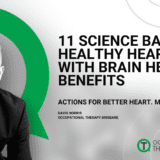Meditation and Cognitive Gains: Positive Cognitive Changes 7 Years After Meditation Retreat
The Shamantha Project has revealed something that has even caught the attention of the Dalai Lama: meditation improves our attention spans.
The project, led by researchers at the University of California, Davis, Center for Mind and Brain, is a first of its kind longitudinal study which is investigating the psychological, cognitive, and biological effects of meditation. Researchers followed up with the participants of the study, who had spent three months at a meditation retreat several years ago, at the six month, 18 month and now seven-year post-retreat mark.
Meditation Helps Sustain Attention in Older Individuals
The 40 participants who remain in the study are reported to have continued to practice some form of meditation for an average of one hour a day over a seven-year period. Here is what the study found:
- There were immediate gains after the three-month meditation retreat.
- Those same gains in attention were partly maintained seven years later.
- This was particularly true for the older participants who were diligent in practicing meditation.
Individuals who were committed to meditation maintained their cognitive gains and did not display the typical patterns of age-related decline in their attention span when compared to individuals who did not practice meditation as frequently.
Note: The limitation about the observations first and foremost is the sample size. A much bigger sample would have added more weight to their findings. That said there is substantial evidence as to the benefits of meditation. If you have not attempted it or perhaps have started and waxed and waned with it, the following may be helpful.
Meditation – A Beginner’s Guide
- Start Small: 2 minutes, that’s all you’ll need to get going. I know this may seem rather trivial for you, but if you’re wanting to get early traction in your life. Start with small steps. So 2 minutes per day for one week. This allows you to build from here\
- Do it first thing as you roll out of bed. Don’t let the morning routine get in the way of building this vital new habit. You may want to put a sign up to help prompt you. Perhaps, set up the space the night before.
- Just do it: If you’re like most people, you’re probably critical with your performance and “ how well am I doing this” “ I am not doing this right”. In the beginning, the doing it is all that is required. Yes the mind will jump all over the place but if you “do it” this will change.
- Start by following your breath: Just count the in and out of your breath or treat in an out as one cycle. If the mind wonders, be gentle with yourself and bring your attention back to your breath. Your mind will be a soup of distraction. Be aware of the this and when it wanders bring it gently back to the breath
- Set a timer– So in the beginning a timer is at 2 minutes. You can increase this over time. Set a gentle tone to prompt you out of your practice ( nothing is worse than the electrobuzz of laser beams or the motorcycle jolting you out of your deep work.
- Cultivate a gentle, loving attitude: Be kind to the mind that wonders, don’t judge your performance, just let it happen and if it wonders kind ask it to come back to the breath. Our last article we touched on briefly the role of meditation for stress management. You can read it here.
How To Make Meditation Stick
- Before you start– do a baseline on where you are at in your self assessed attention and focus, love and kindness, clarity and mood. Rate it out of 10 ( 10 being the most attentive, loving, kind, clear and stable you’ve ever been and 0 being at the other end of the spectrum. Rate on this scale of 0 to 10 where you are at before you start. Write it down. Put in a drawer and don’t peak at it for 30 days.
- Make a commitment to yourself: As yoda would say “ Try? There is no try, do or not do!) Be committed, like I’ve got a newborn committed. The sincerity of your effort will be telling in your practice.
- Follow a guide meditation: Here in Australia there is a great app called Smiling Mind. Put it on your phone and you’ve a pocket instructor to help. Otherwise, have a look at Soundcloud or your local bookstore/ library for other resources.
- Do it with others or start a meditation/ mindfulness group. These communities may be a physical setting or there are a number of online places.
Meditation Vs Mindfulness: What’s The Difference?
The terms are often bandied about interchangeably but there is a difference. There are many types of meditation practices, think meditation as an umbrella term. Meditation can involve a number of techniques such as
- Contemplative,
- Body scan
- Light
- Sound
- and Mindfulness for example.
Mindful practice is one which you bring your attention to an object, in this article the object is your breath.
The Science Behind Meditation
The key challenge for the current meditation evidence base is that the quality of research has been poor as a paper in the APS (2017) observed,
- Only 9% of the literature into mindfulness based interventions had be completed with trails containing a control group. This means that the measure or impact of the the mindfulness were not able to be observed with a group of no intervention. According to the research team out of the University of Melbourne, the concern is that there is an over amplification of findings which aren’t necessarily matched to the evidence.
On the contrary, as ever the case with a new field of science inquiry there is a growing base of compelling evidence.
- Brain mapping exercises of 20 subjects who did 8 weeks of practice had an increased activity in the brain and showed improved capacity to inhibit impulsive thoughts and actions and resist distractions.
- Further studies have also indicated effects on mood, focus and cognitive performance, resilience. Here is a good compilation of evidence at Open Ground which provides an excellent list of resources to read up on.
The take away: there is a lot to learn about how, why and the relationship of effect of mediation. There appears to be a positive brain health and cognitive upside but by how much, it is not clear and needs more compelling research.
Do You Have A Hard Time Meditating?
Finding the time to meditate is hard enough. But other factors can also make it difficult for us to be mindful and meditate even for as little as ten minutes a day.
Below are some of the most common issues we experience when beginning meditation and how to overcome them:
- Boredom
We live in a world where we are constantly connected and always on the go. That can make sitting and staring at the wall or the back of our eyelids a challenge. The trick to getting over the boredom aspect is to embrace the boredom and take it for what it is: a time for you to relax and enjoy the sensation of stress leaving your body. - Sleepiness
The quiet and stillness that meditation brings can also bring on a case of the yawns. One solution is to change the time of day you choose to meditate. For example, if you meditate first thing in the morning, you may be less likely to take a nap than if you meditate after lunch. Try adjusting your position as well, like sitting upright on the floor or on a chair. - Body aches
Increased body awareness, our body position, or simply dealing with an injury can place bodily aches and irritation front and centre. Rather than ignore the sensation, ask yourself questions, like what the pain feels like and from where the pain is radiating. If it is a chronic issue, some gentle stretching before a meditation session can help alleviate your discomfort.
Other Options Than Meditating
Despite your best effort, you’ve thrown your hands up in the air and said “For all the tea in china, this is just not for me!” So, does meditation stress you out? I get it, there is a surrender experiment with meditation a conscious letting go and for many people this is super hard. There are manner people who have put their hand up and said that mediation doesn’t work for them- and that’s ok!
Don’t worry there are other activities you may consider for improving your attentive awareness and inner calm. Here are a few suggestions.
Dr Sarah Mckay, wrote an insightful article which cautions the “ Meditation Is Panacea To X <insert issue> ”. It appears to be one part of the puzzle not the whole solution. It forms the practice of stilling the mind so you can “ see more clearly- more aware”. This doesn’t fix anything but is the first step to support your actions to achieving improved
- Listen to music
- Garden
- Get outdoors: walk, swim or ride in nature
- Start a practice of yoga or taichi, heck dancing can also be part of this mix
- Prayer
- Start a hobby
- Juggling? yes juggling
- Explore creative pursuits
- Read
- Have a snooze- there is often nothing better than the rest adn reset button
As mentioned in our last blog, meditation can be a like a box of assorted chocolates. We all have our favourites and not one technique will be a good solution for everyone.
That’s why in our Brain and Memory Health Program we go through various techniques to improve brain and memory health, one of which is locating at the right tool for you.
If you want to find out what are the right actions for your personal memory health situation, I’d encourage you to consider a Memory Health Check Up
References and Sources:
- Anthony P. Zanesco, Brandon G. King, Katherine A. MacLean, Clifford D. Saron. Cognitive Aging and Long-Term Maintenance of Attentional Improvements Following Meditation Training. Journal of Cognitive Enhancement, 2018; DOI: 10.1007/s41465-018-0068-1
- Mindfulness: Mindfulness practice leads to increases in regional brain gray matter density https://www.ncbi.nlm.nih.gov/pmc/articles/PMC3004979/
- Meditation Problems
- APS (2017): Mind the Hype: A Critical Evaluation and Prescriptive Agenda for Research on Mindfulness and Meditation
- Fox KC, Nijeboer S, Dixon ML, Floman JL, Ellamil M, Rumak SP, Sedlmeier P, Christoff K.Is meditation associated with altered brain structure? A systematic review and meta-analysis of morphometric neuroimaging in meditation practitioners.Neurosci Biobehav Rev. 2014 Jun;43:48-73. doi: 10.1016/j.neubiorev.2014.03.016. Epub 2014 Apr 3.
- The psychological effects of meditation: a meta-analysis.


